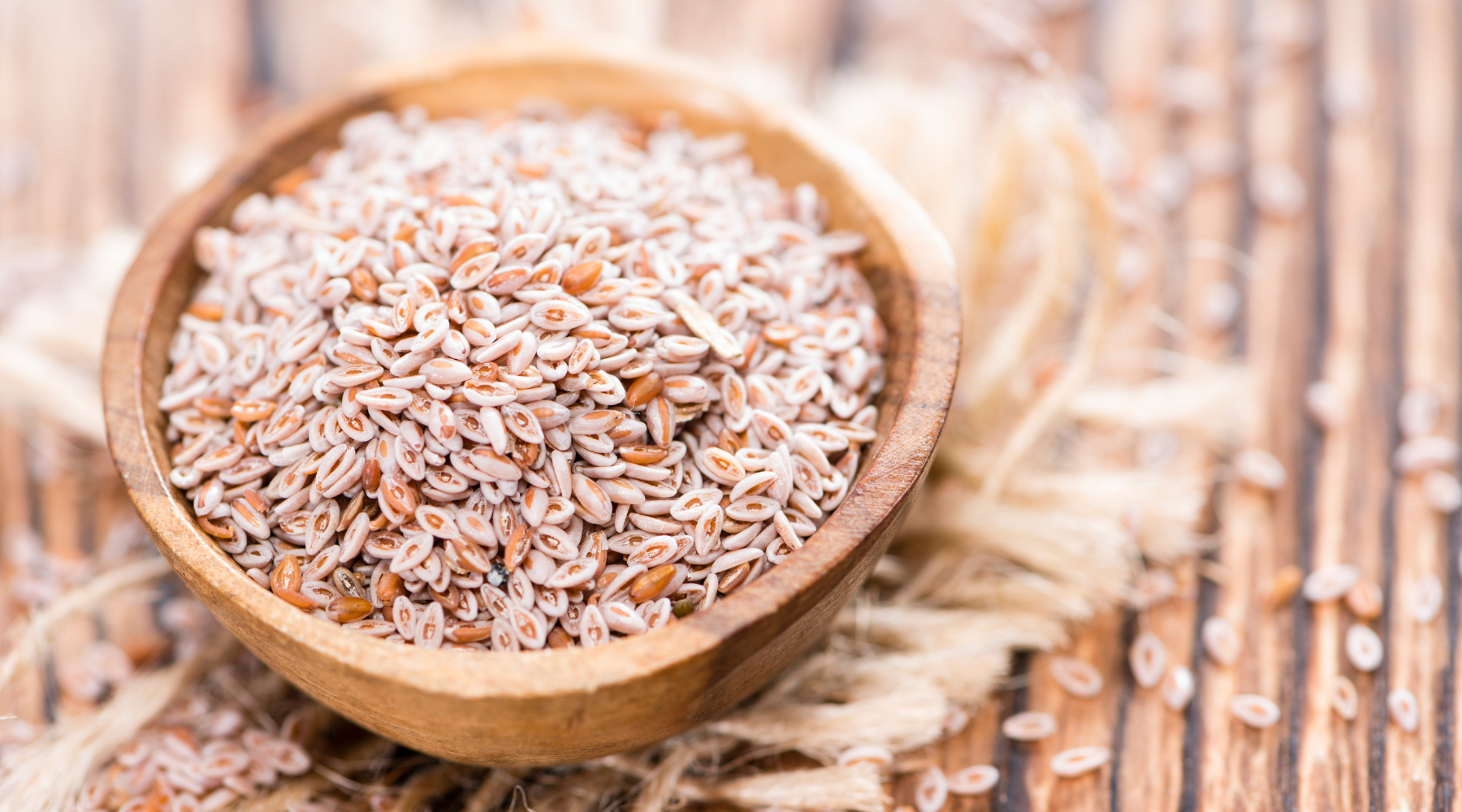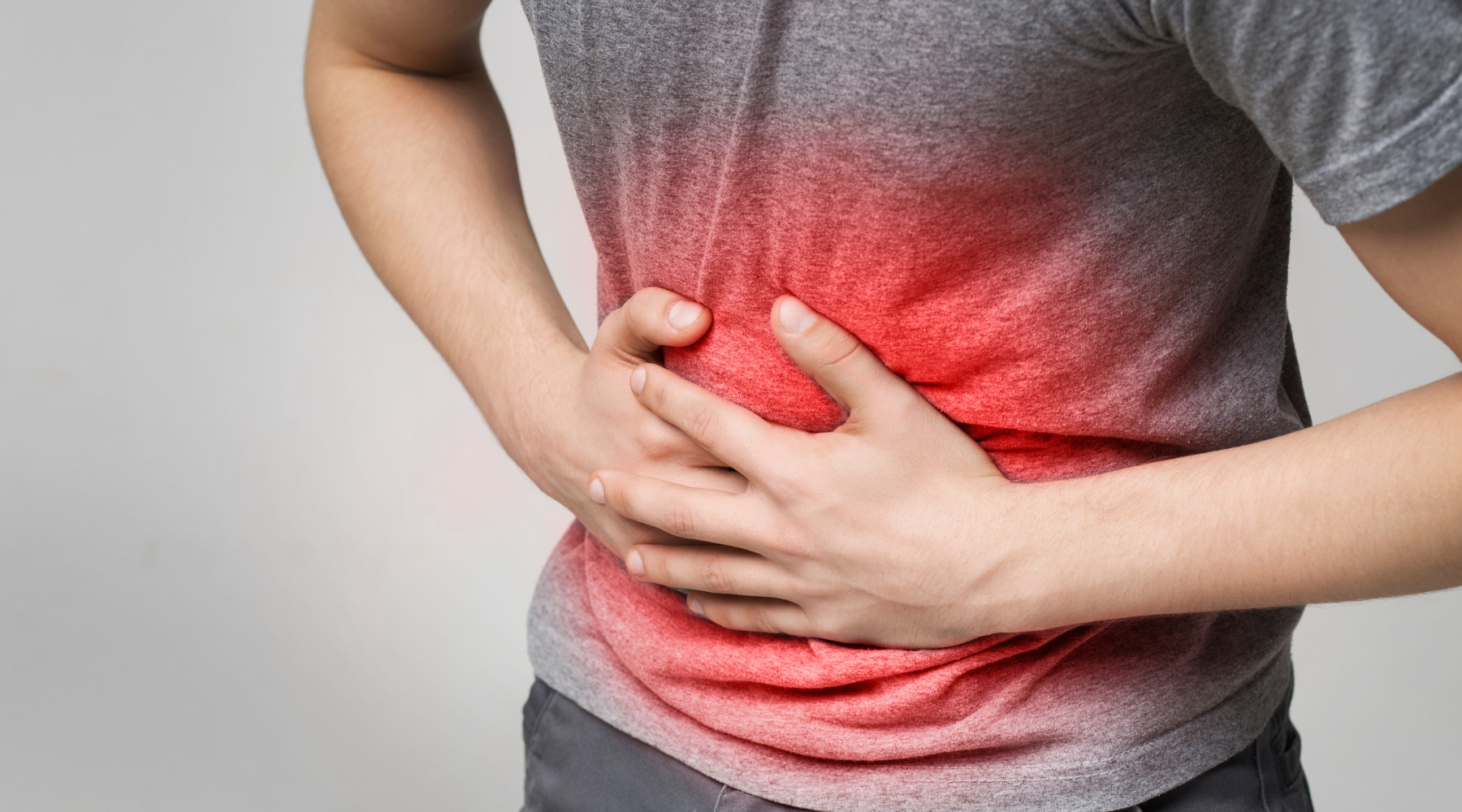
Psyllium Husk - Benefits And Uses
Psyllium, also known as ispaghula, is a member of the plant genus Plantago, a family of small, plants commonly called plantains or fleaworts, native to Europe and Northern Asia. This group of herbaceous plants is not related to the banana-like cooking plantain.
Psyllium consists of the seeds and their husks (the dry outer covering of the seeds) and has been used as a source of soluble dietary fiber for centuries. When crushed and combined with water, psyllium forms mucilage, a viscous or gelatinous solution that can help both constipation and diarrhea and is also occasionally used as a food thickener. In cases of constipation, the mucilage is slippery and helps move any blockage through the intestines and colon. In cases of mild to moderate diarrhea, the psyllium husk and resulting mucilage continue to absorb more water from the gut, allowing stool to form.
Benefits Of Psyllium
In addition to psyllium being used as a bulk-forming laxative, more recently it has been used to treat high cholesterol. Psyllium has been shown to lower both total and LDL (bad) cholesterol levels, which may help reduce your risk of heart disease. Psyllium may also help regulate blood sugar levels in patients with diabetes.
Can Psyllium Husk Reduce Cholesterol?
Many clinical studies support the benefits of psyllium in the treatment of hypercholesterolemia (high cholesterol). Here are several examples:
- Long-term cholesterol-lowering effects of psyllium as an adjunct to diet therapy in the treatment of hypercholesterolemia. The American Journal of Clinical Nutrition, Volume 71, Issue 6, June 2000. Conclusions: “Treatment with 5.1 g psyllium twice daily produces significant net reductions in serum total and LDL-cholesterol concentrations in men and women with primary hypercholesterolemia. Psyllium therapy is an effective adjunct to diet therapy and may provide an alternative to drug therapy.”
-
Time- and dose-dependent effect of psyllium on serum lipids in mild-to-moderate hypercholesterolemia: a meta-analysis of controlled clinical trials. Conclusions:
“Psyllium could produce dose- and time-dependent serum cholesterol-lowering effect in mild and moderate hypercholesterolemic patients and would be useful as an adjunct to dietary therapy for the treatment of hypercholesterolemia.” -
Psyllium supplementation in adolescents improves fat distribution & lipid profile: a randomized, participant-blinded, placebo-controlled, crossover trial. Conclusions:
“Dietary supplementation with 6 g/day of psyllium over 6 weeks improves the fat distribution and lipid profile (parameters of the metabolic syndrome) in an at-risk population of adolescent males.”
Psyllium Is Also Good For Your Heart
Adding water-soluble psyllium fiber to your diet can help reduce blood triglycerides, blood pressure and your risk of heart disease. Psyllium treatment may help in reducing triglycerides (a known risk factor for heart disease) in type II diabetic patients. See The effects of psyllium on lipoproteins in type II diabetic patients. Diets higher in water-soluble fiber content are also associated with lower blood pressure. Dietary soluble fiber (psyllium) reduces blood pressure in treated hypertensives. In one study, the 24-hour systolic blood pressure of subjects was reduced by an average 5.9 mm Hg with psyllium supplementation. See Hypertension. 2001 Oct;38(4):821-6.


